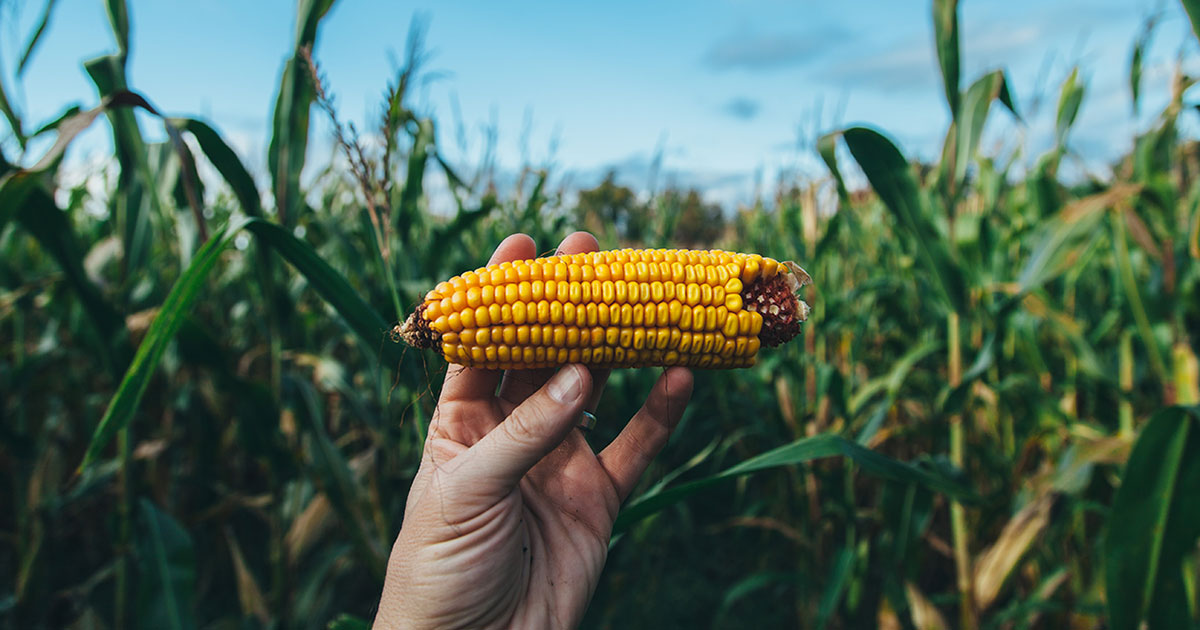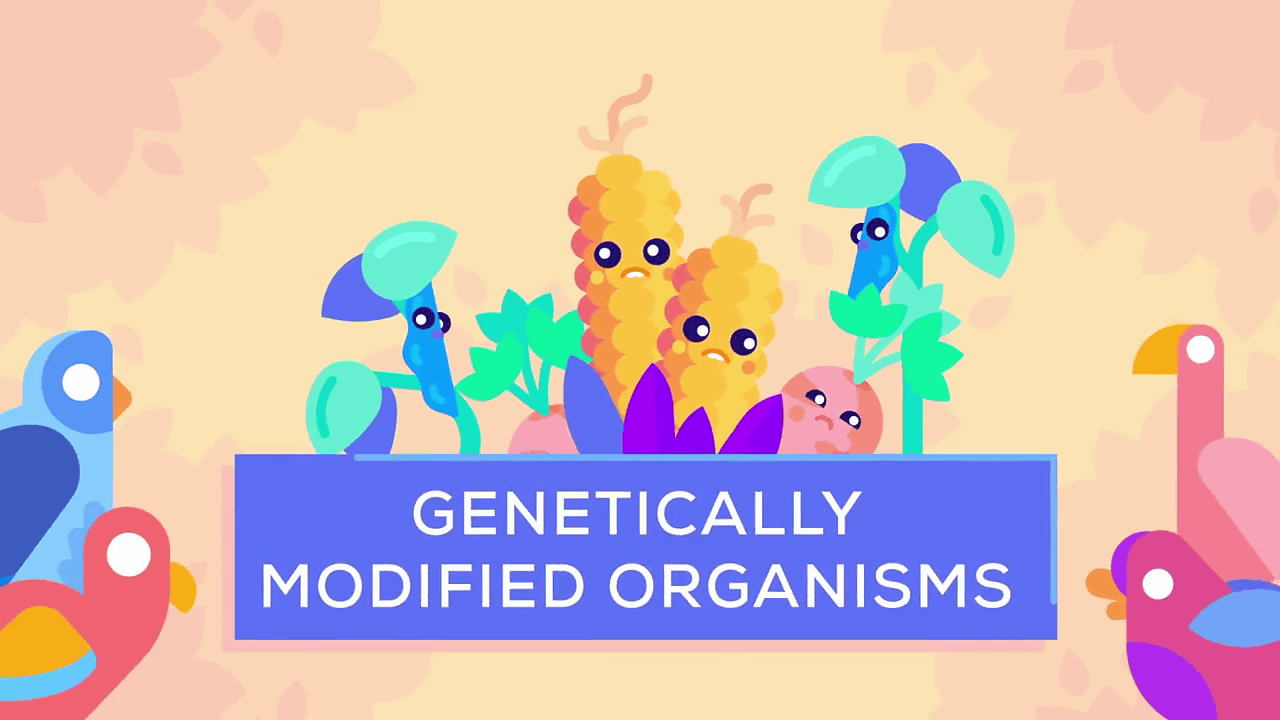
The truth about GMOs!

In a nutshell series Šimon Petránek
Everyone should be caring for what they eat. Not only if they eat a lot of chocolate or less vegetables, but also whether the food they consume is genetically modified or not. The shortcut GMO stands for genetically modified oragnisms and gets more and more discussed in the modern world we live in. We should know at least a bit of what GMO offers. May GMO cause any damage or potentially save the mankind?

Firstly, we should make clear what exactly means to have something natural cause people have been modyfing organisms since their existence. We simply bred the plants and animals that had beneficial traits to us. As a result of this, nowdays almost every organism is vastly different from the pre-domesticated state. We can agree that it happened in a natural way.
Despite the logical natural origin of GMOs there are still some concerns about it. One of the most common objections people make is a gene flow. It is the concern of mixing genes of non GM with GM crops, which can lead to creating another version of crop with possible defects, unconsciously added to our food we buy. However scary this may feel, most of genetically modified crops pollinate themselves and all of them have to be somehow related to mingle. Also buffer zones were made to lessen the percentage of crossing to minimum.

More important question for people is whether GMOs are different than non-GMOs. This has been the major concern for scientists since the beginning of genetically modified organisms. After many studies of multiple agencies that test GMOs the answer is NO - they are not different so they don´t have a different effect on human bodies. They are the same for our body as a regular non-GMO.
Let´s look how GMOs can actually be good! Take an example of Bangladesh where many of imported eggplants are grown. Sometimes a whole harvest was destroyed by pests, so farmes had to heavily rely on pesticides, which was extremely expensive and even got frequently sick from them. Until in 2013 a genetically modified eggplant changed it, killing pests instantly after they tried to eat it. The BT protein which was put in the eggplant is leathal for pests, but completely harmless for humans. Even the usage of pesticited got lower by 80%!
In addition in Africa, GMOs were the only option. Essencial papaya agriculture in Hawaii was in 1990s threatened with a virus that was killing every papaya. The solution was genetically modified papaya which was vaccinated to the problematic virus. Without it, the agriculture would colapsed.

Especially the future of GMOs is bright. GMOs have a lot of potential in future in helping us with global warming crisis. Essencial GM plants could adapt to drought, floods and changing climate in general. We could even modify plants to become super-effective carbon collectors like an American chestnut tree, to actually reverse climate change. Besides, scientists are working on a various food with extra nutrients like golden rice with beta caroten and food that could help us to improve our diet.
To conclude, the amount of benefits GMOs can bring in future is enormous. It is slowly becoming our new organic with better qualities. GMOs could be our most powerful weapon to save our biospehere.
